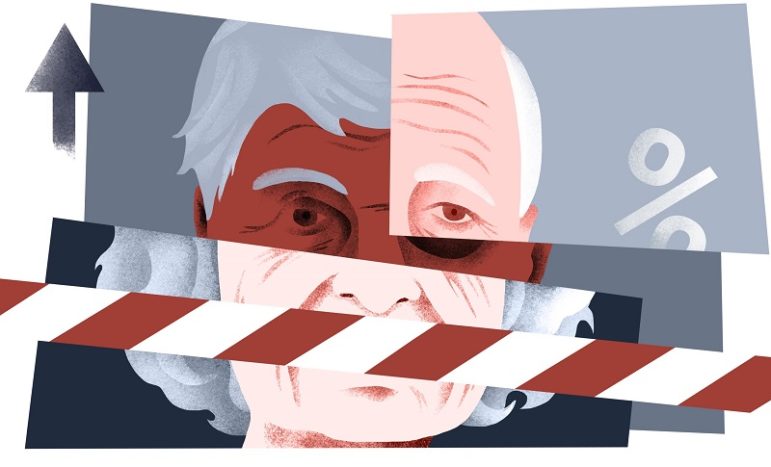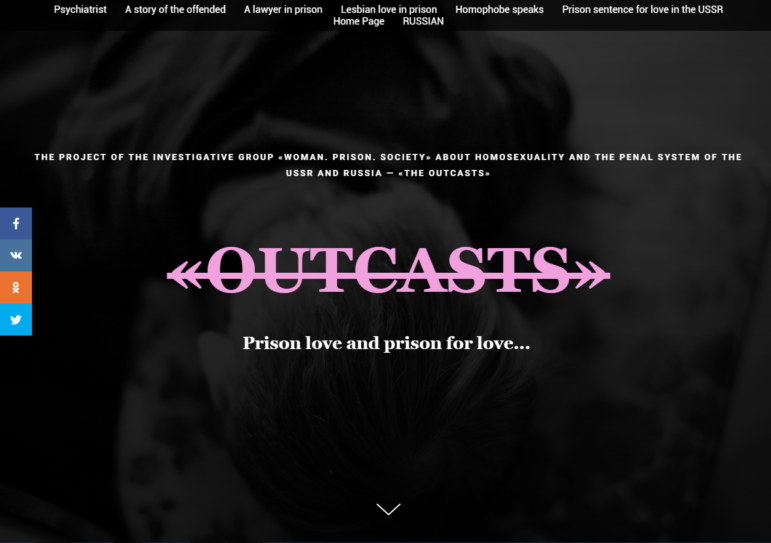
News & Analysis
Editor’s Pick: 2021’s Best Investigative and Data Stories from Turkey
The Turkish press is enduring a period when the most basic journalism practices are hindered due to the state of emergency, the pandemic, and other issues. Despite this, GIJN Turkish found several praiseworthy stories produced by independent journalists this past year. Here we highlight eight stories chosen for their significance, public interest, their use of investigative tools, data sources and techniques, and their commitment to social accountability.


